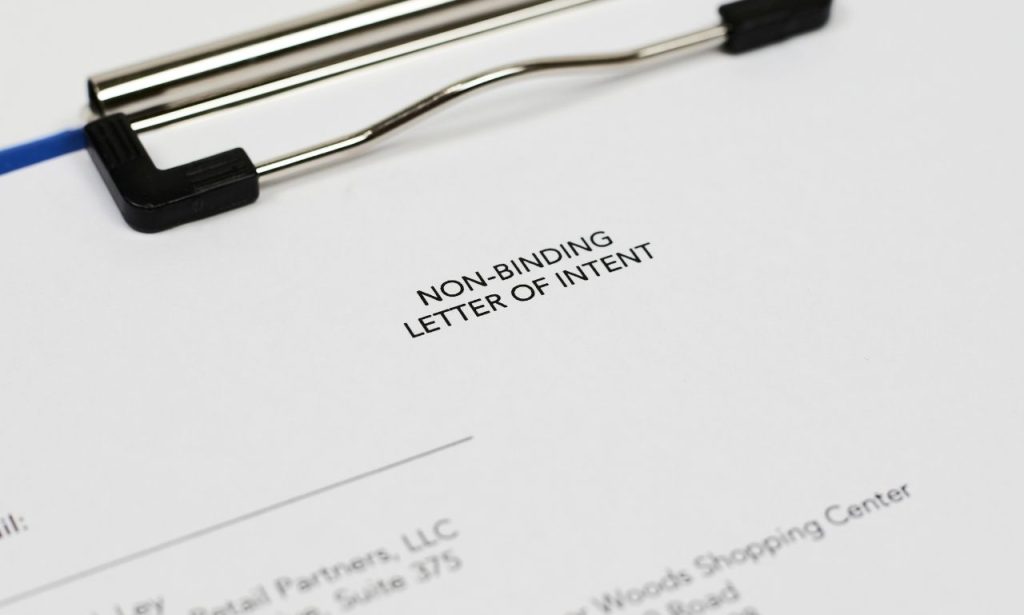Buying an existing business can be smarter than starting from scratch. You get immediate cash flow, an established customer base, and trained employees. The challenging startup phase is already complete. Someone else has handled the growing pains and initial challenges. The failure rate for startups hovers around 90% in the first year. Existing businesses come with proven track records. They’ve already weathered the typical early storms. Whether buying a small home-based business or a larger enterprise, these steps work.
Find a Business to Purchase

Finding the right business requires strategy and patience. Don’t rush this critical first step. The right opportunity might take months to discover.
Business brokers can be your best allies in this search. They maintain extensive lists of businesses for sale. Many quality businesses never appear on public listings.
I recommend working with brokers who specialize in your target industry. Their industry knowledge proved invaluable during the selection process. They understand the unique challenges and opportunities within specific business types.
Online marketplaces like BizBuySell and BusinessesForSale.com offer thousands of listings. These platforms let you filter by industry, location, and price range. Set up alerts to notify you when new matching listings appear.
Learn why the Business is for Sale
People sell profitable businesses for legitimate reasons. Retirement, health issues, and relocation top the list of honest motivations.
Always ask directly: “Why are you selling this business?” Listen carefully to their answer. Watch for inconsistencies or vague explanations that raise red flags.
Sellers might withhold negative information about the business. Naturally, they will highlight their advantages and minimise their disadvantages. You have to learn the entire story. In these conversations, trust your gut. Investigate further if something doesn’t feel right. Sincere vendors welcome reasonable inquiries about their business.
Negotiate a Purchase Price
Brand value, market position, and growth potential influence valuation. Negotiations typically involve multiple counters before reaching an agreement.
Start with a reasonable offer based on industry standards. Most businesses sell for 2-3 times the annual cash flow. Premium businesses command higher multiples due to their strong positioning.
Understand that your first offer sets the tone. Lowball offers might offend sellers and damage rapport. However, leaving some room for negotiation makes practical sense.
Remember that occasionally, words are more valuable than price. Good terms of payment are worth paying extra. Consider the total package, not the headline number.
Evaluate the Business Earnings
Accurate earnings assessment forms the foundation of your decision. Look beyond reported profits to understand true earning potential. Many private businesses minimize taxable income through various strategies.
Ask for the seller’s discretionary earnings (SDE) calculation. This figure adds back owner benefits and one-time expenses. It represents the financial benefit available to a new owner.
Verify all financial claims through documentation. Cross-reference tax returns with internal financial statements. Significant discrepancies require a satisfactory explanation.
Consider hiring an accountant who is familiar with business acquisitions. Their expertise helps identify financial issues you might miss, and investing in a professional review prevents costly surprises.
Submit a Letter of Intent (LOI)

A letter of intent formalizes your interest without a final commitment. This document outlines basic purchase terms and conditions. It signals serious intent while preserving flexibility.
Most LOIs include a purchase price range and basic structure. They specify contingencies like financing and due diligence findings. The letter typically requests temporary exclusivity during the investigation.
Keep your initial LOI relatively simple. Complex documents can unnecessarily delay progress. Focus on fundamental terms rather than every minor detail.
Work with an experienced attorney in business acquisitions. Legal guidance prevents costly mistakes in this critical document, and the modest investment protects your interests throughout the process.
Issue a Letter of Intent
It demonstrates credibility to sellers considering multiple offers. Serious buyers provide professional documentation of their intentions.
This document also creates a framework for further discussion and identifies areas requiring more detailed negotiation later. This structured approach benefits both parties.
Many LOIs include confidentiality provisions protecting sensitive information. These provisions guard against the improper use of confidential company information. Even if the deal falls through, they are still legally binding.
Usually, exclusivity lasts between 30 and 90 days. Sellers gain from concentrated attention on a serious prospect during this window, while buyers have time for thorough research.
Complete Due Diligence
Due diligence represents your comprehensive business investigation. This process verifies all seller claims and assumptions. Thorough examination prevents expensive surprises after purchase.
Create a structured checklist covering all business aspects. Organize findings in a shareable format for advisors. The investment in proper due diligence always pays dividends.
Most due diligence periods last 30 to 60 days. This timeline balances thoroughness with reasonable progress. Establish clear milestones to maintain momentum throughout the process.
Communicate regularly with the seller during this phase. Prompt responses to information requests keep the process moving, and maintaining goodwill supports a successful closing.
Do Your Due Diligence
Financial due diligence looks at past results and forecasts for the future. It entails closely examining the sources of income and the categories of expenses, searching for long-term trends rather than brief upswings.
Customer due diligence evaluates the continuity and strength of a relationship. Make contact with important clients if agreements allow.
Their satisfaction provides valuable insights into business health.
Operational due diligence evaluates systems, processes, and capabilities. Spend time observing daily business operations firsthand. Understanding operational details supports smooth transition planning.
Legal due diligence identifies potential liabilities and compliance issues. Review all contracts, leases, and regulatory requirements. Address unresolved legal matters before closing.
Obtain Financing
Most business purchases require external financing. Traditional bank loans remain the most common funding source. These loans typically finance 70-80% of the purchase price.
SBA loans offer attractive terms for qualifying acquisitions. These government-backed programs provide longer repayment periods and typically require a 10-20% buyer down payment.
Prepare a detailed business plan supporting your loan application. Show how the business will generate sufficient cash for repayment. Include your relevant experience and management plan.
Start speaking with lenders early in the acquisition process. Pre-qualification strengthens your negotiating position with sellers and identifies potential financing obstacles before committing.
Close the Deal

Closing day is the last day of your acquisition process. During this stage, operational control and ownership are transferred. Thorough preparation ensures flawless performance free from last-minute hiccups. The purchase agreement includes all final transaction terms. This thorough document replaces earlier conversations. Before signing, carefully go over every detail.
A closing checklist arranges all necessary tasks in a sequential manner. This tool prevents important steps from being missed. Before closing day, both parties should approve the checklist.
Consider attending the closing session with your attorney. Their presence allows for the prompt resolution of unforeseen issues, and their expert advice protects your interests through the final signing.
Conclusion
Buying an existing business offers tremendous advantages over starting from scratch. The established infrastructure, customer base, and cash flow provide immediate benefits. Following this systematic approach improves your acquisition success. Remember that finding the right business takes time and patience. The perfect opportunity combines your skills with business potential. Your background should complement the business’s needs.
Due diligence represents your most important protection. A thorough investigation prevents costly mistakes and surprises. Never rush this critical phase despite the excitement about the opportunity. The proper financing structure creates sustainable operations after purchase. Balance reasonable leverage with safe cash flow margins—plan for contingencies in your financial projections. The post-closing transition determines your long-term success. The first three months establish your leadership and direction. Careful planning during this period pays dividends for years afterward.
Also Read: Ways of Preventing Business Disputes
FAQs
Most lenders require a 10-30% down payment from personal funds. A $1 million business typically requires a $100,000-$300,000 cash investment.
The typical timeline runs 3-6 months from initial search to closing, but complex transactions may take longer.
Most small businesses sell for 2-3 times their annual cash flow; premium companies with strong growth command higher multiples.
Generally yes. Existing staff provides operational continuity and valuable institutional knowledge.




